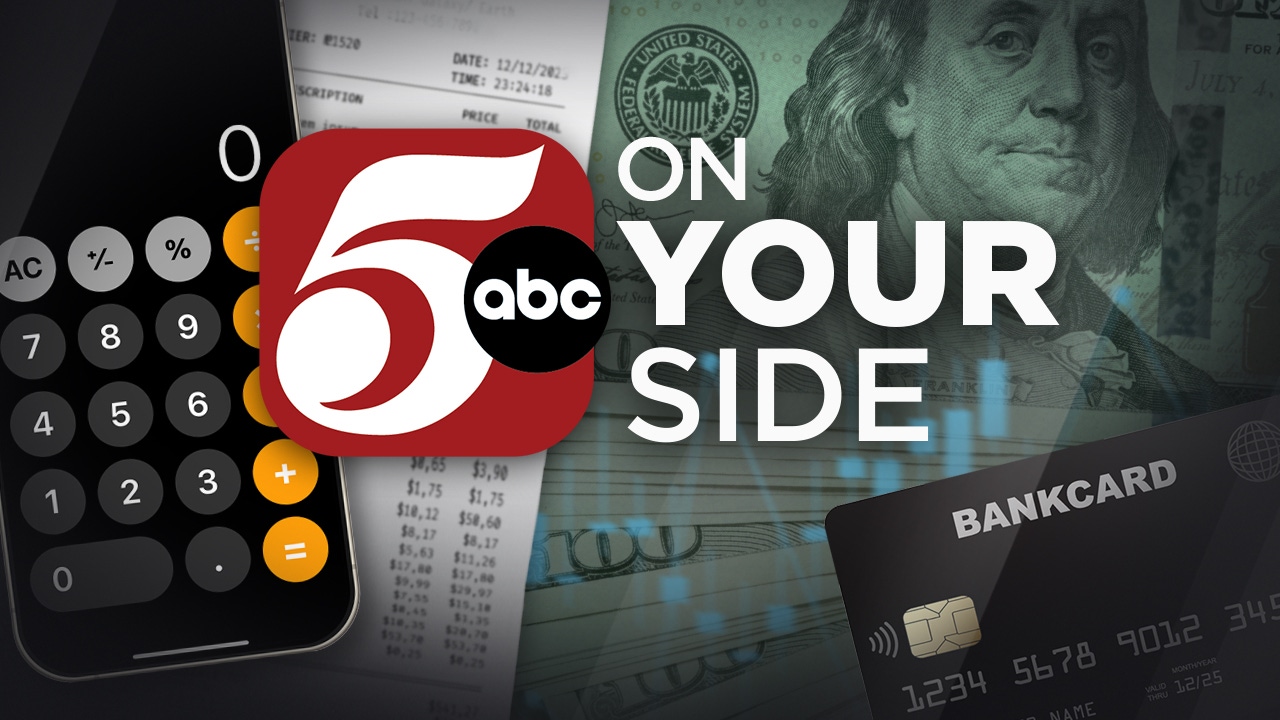Bussiness
Is Enron really back in business sporting a “bold new vision”? Here’s what to know.

In the long history of financial frauds, Enron ranks near the top of the list, with the once high-flying energy trading company suddenly unraveling in a web of lies and accounting sleight-of-hand. On Monday — the 23rd anniversary of its bankruptcy — the company seemed to announce that it’s back “with a bold new vision.”
The Dec. 2 announcement is sparking questions about whether the site is satire, as well as the identity of the people behind the apparent relaunch. The new Enron website includes the kind of blandly uplifting videos often favored by corporate PR departments, such as a ballerina at the beach and a rocket launch, with a voice over talking about “rebirth” and accepting change.
“I am Enron,” several people of various ages and races say at the end of the video.
The company also took out a billboard in Houston, the former hometown of Enron, according to a video posted on X by CBS affiliate KHOU reporter Victor Jacobo. The billboard features the Enron logo, along with the phrase, “We’re back. Can we talk?
The giveaway: The site’s terms and conditions underscore that the “new” Enron is satire. “The information on the website about Enron is First Amendment protected parody, represents performance art, and is for entertainment purposes only,” it states.
So who exactly is behind the stunt? A spokesman for the company didn’t disclose the identities of the people or business behind the announcement, but promised that the new “Enron” will “have more to share soon.”
“Right now we have no additional comment beyond the press release,” he said in an email to CBS MoneyWatch.
The news release cites several goals, in often jargon-filled terms, for the relaunched Enron, including “permissionless innovation” and “solving the energy crisis.”
“Enron will focus on scalable, sustainable solutions, including investments in renewable energy infrastructure, cutting-edge energy storage and advanced power distribution systems,” the statement says.
So what happened to the real Enron?
Enron filed for bankruptcy on Dec. 2, 2001, amid revelations of hidden debt, inflated profits and accounting fraud. The collapse of the energy giant cost thousands of workers their jobs, while millions of investors saw their shares become worthless.
Dozens of executives were charged, including former Enron CEO Jeffrey Skilling, who was sentenced to a 24-year prison term and fined $45 million in 2006 after being found guilty of 18 counts of fraud and conspiracy and one count of insider trading. Skilling was released from prison in 2018.
Enron founder and Chairman Kenneth Lay was also convicted, but he died of a heart attack weeks later, while former Enron Chief Financial Officer Andy Fastow was released after about five years in prison.
Who owns the Enron name now?
The Enron trademark was bought in 2020 for $275 by The College Company, according to a U.S. Patent and Trademark Office document. The file says the company sells t-shirts and Polo shirts, and includes an image of t-shirt with the Enron logo along with the phrase “Summer Internship 1997.”
The College Company is run by Connor Gaydos, whose LinkedIn account now identifies him as the CEO of Enron. Gaydos is also known for creating the “birds aren’t real” satirical conspiracy theory with Peter McIndoe, which pokes fun at odd theories that now proliferate around the internet. The “birds aren’t real” conspiracy theory posits that the U.S. government replaced real birds with drones.
The X account for Enron tweeted on Monday, “We’re back. Can we talk?”
At the end of its tweet thread, it added, “This is the final tweet in this thread. Any impersonators of Enron below this are a scam. Don’t click on any links. Stay safe.”









.jpeg)